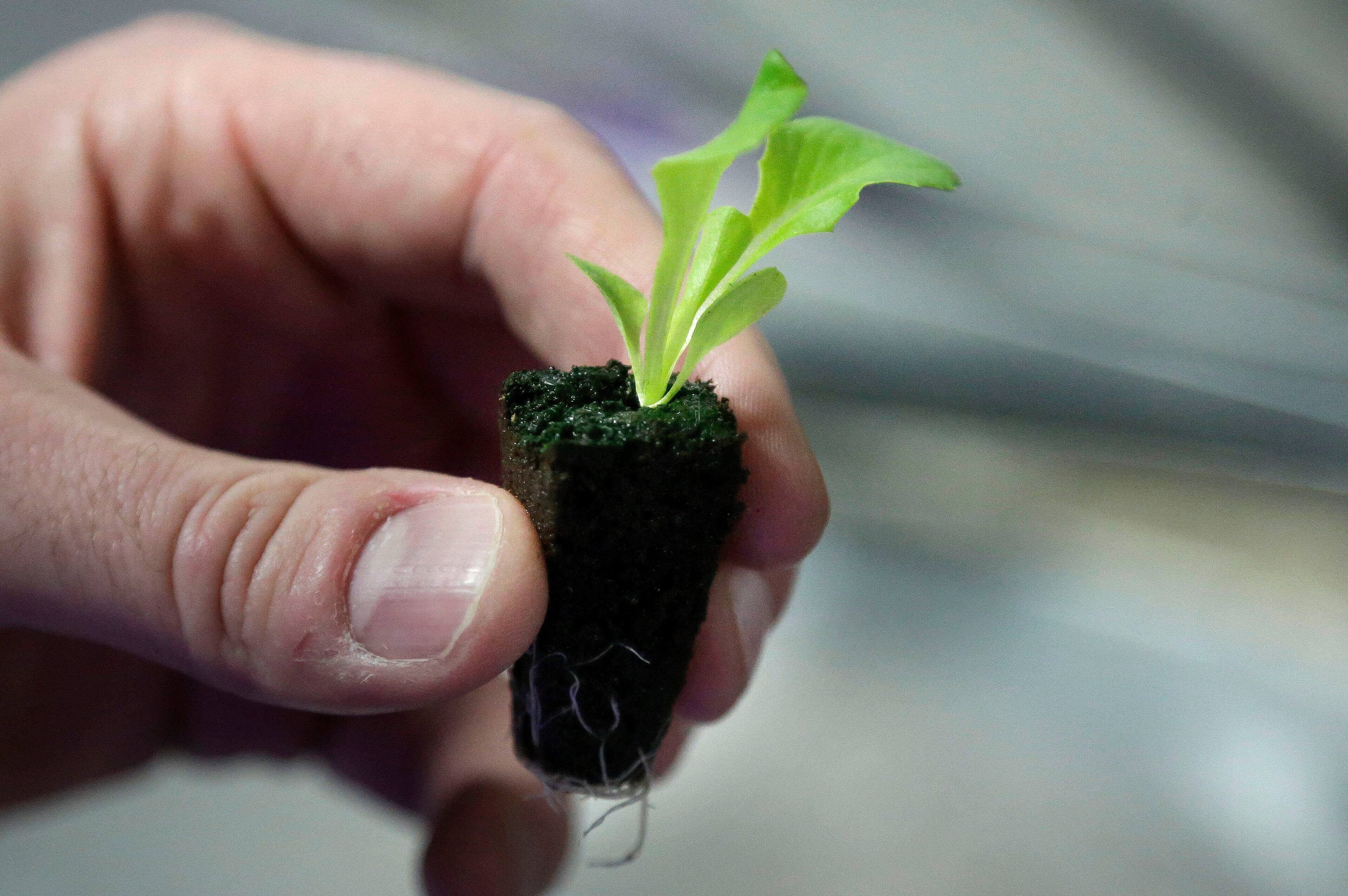Peachy reasons for Peach State residents to add peaches to your diet
Following a cool winter and healthy spring, the Peach State is anticipating a “bumper” crop of its state fruit this year. With peaches expected in high supply, here are some peachy reasons to add them to your grocery list.
For starters, there “aren’t many downsides to eating peaches,” according to registered dietitian Miranda Galati.
“Like many fruits, peaches are good for heart health and weight management because they’re low calorie, cholesterol-free, and low sodium,” she told USA Today. “They also contain fiber and fluid, which can improve digestion and support colon health long-term. Peaches contain polyphenols, carotenoids, vitamin A and vitamin C to protect against disease and support your immunity.”
For U.S. adults, heart health is a significant concern. By 2050, scientists anticipate 61% of the population will have cardiovascular disease — the No. 1 killer worldwide. Around 60% of U.S. adults will also be considered obese.
The Cleveland Clinic lauded summer peaches as “one of nature’s best inventions” for their health benefits. A single peach comes equipped with around 68 calories, 2 grams of fiber and 1.3 grams of protein. Those who eat the stone fruit’s skin will get an extra health boost, as it maximizes fiber intake.
“Peaches contain both soluble and insoluble fiber,” registered dietitian Maxine Smith told the clinic. “Soluble fiber helps stabilize blood sugar and keeps cholesterol levels in check. Insoluble fiber aids in digestion and helps prevent constipation.”
Want to make the most of this tasty treat? Galati said it’s all about mixing and matching, especially with things like yogurt or nuts.
“Pairing fruit with a source of protein and/or fat may help with nutrient absorption and satiety,” Galati said. “That’s because fruit sometimes contains fat-soluble nutrients like vitamin A, D, E and K, which are better absorbed when eaten with a fat source. Fruit is filling on its own because it contains fluid and fiber, but it can be even more satiating paired with protein.”



